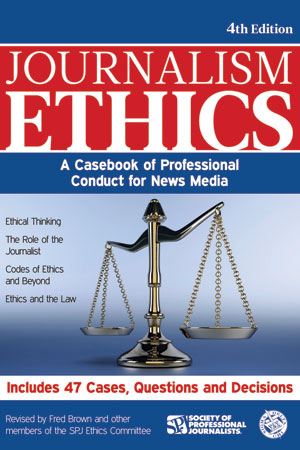How many people pay attention to local news? According to a recent study by the Pew Research Center’s Project for Excellence in Journalism and Internet & American Life Project, 72% of Americans are tuned into what is happening in their communities.
According to the study, which was conducted with the John S. and James L. Knight Foundation, the majority of these adults who follow local news get their information from local newspapers. This is especially important to consider given the decline in newspapers and the advent of online news.
Followers of local news aged 40 and over seemed to be more attached to these local newspapers. Of this group, 35% said that if their local newspaper were to go out of business it would majorly impact their ability to get the news they wish to read.
These followers of local news tend to be more in touch with their communities and believe that they can positively change their communities. The followers tend to be older, more conservative, and religious.
Maybe people watch local news for this reason?
Separate from the study, local news watchers can also be harsh critics. Recently, news anchor Jennifer Livingston of La Crosse, Wisconsin received a mean email from a viewer criticizing her weight. The viewer believes that Livingston is a bad role model and wrote comments like “I leave you this note hoping that you’ll reconsider your responsibility as a local public personality to present and promote a healthy lifestyle.” This case is just one of the many unfortunate examples of the bullying that can take place over social media.
Watch her reaction here:








